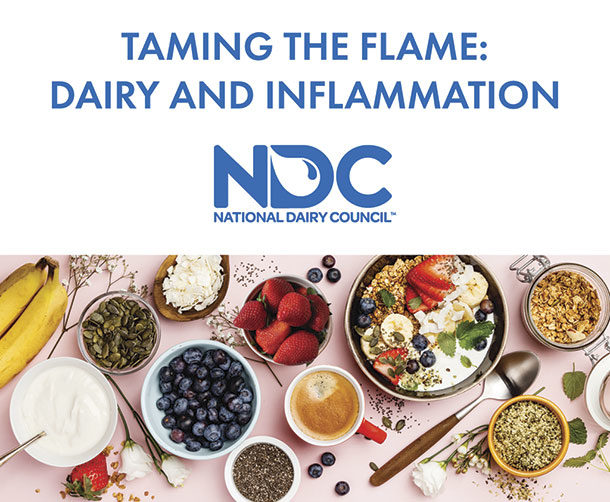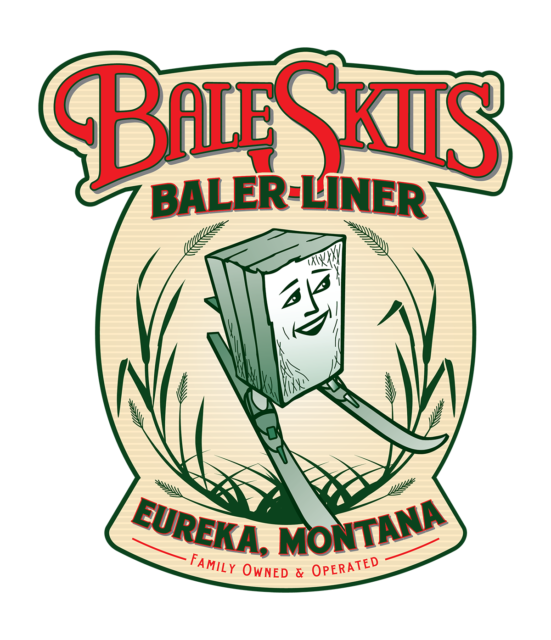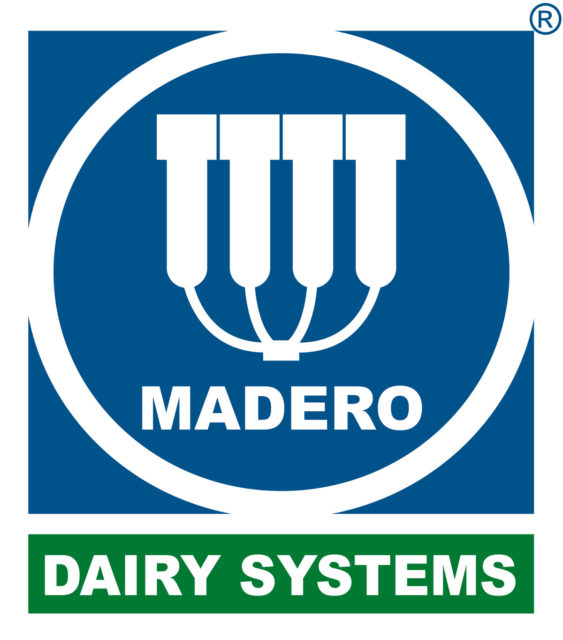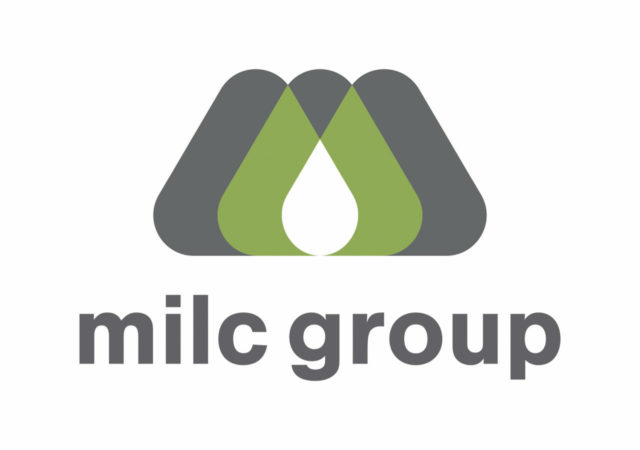These views aren’t always based in sound nutrition recommendations and may be perpetuated by anti-dairy activist groups.
This is one of the reasons why the farmer-founded National Dairy Council (NDC) kicks into mythbusting mode. Our strategy isn’t to pick social media battles every time we see a negative post. Instead, we follow a high-level strategy of educating health and wellness professionals to make sure they have the facts to support dairy’s nutritional excellence and debunk dairy-related myths.
NDC is in its third year of hosting continuing education opportunities for health and wellness professionals via our Dairy Nourishes Life webinar series, where we have engaged with more than 59,000 key experts in the field. We have hosted 11 sessions on various subjects, including “Dairy’s Role in Health and Sustainable Food Systems,” “Fat Flexibility,” “Confidently Nourishing Children. What’s the Deal with Dairy?” and “Bone Health Across the Lifespan.”
These experts stay engaged for the full 60-minute deep dive on these topics, and their responses from post-event surveys indicate the content consistently improves their perceptions of dairy.
Focus on inflammation
In August, we held a webinar on another important subject – “Taming the Flame: Dairy and Inflammation.” Inflammation is a hot topic with consumers, the media and health professionals. In fact, according to the Hartman Group, about 50% of consumers are interested in foods to help manage inflammation. Unfortunately, because of misperceptions about inflammation and dairy foods, it can be a barrier to dairy consumption.
The fact is: Inflammation can be a confusing topic. Acute inflammation is a good thing. It is the body’s natural response to an injury or infection. However, chronic, low-grade inflammation results from a continuously out-of-balance immune system, which contributes to the development of disorders, including cardiovascular disease and type 2 diabetes.
So what does the science say when it comes to dairy and inflammation?
Thankfully, checkoff-supported research helps set the record straight. Research has consistently shown that milk, cheese and yogurt do not cause inflammation, and some studies have shown dairy foods may play a role in reducing chronic inflammation.
Take, for example, an NDC-funded clinical trial at the University of Wisconsin – Madison that looked at the effects of eating low-fat yogurt on inflammation in apparently healthy women. The researchers found that eating yogurt led to decreased levels of several markers of inflammation.
But the real power is when you look at the broader body of evidence. A recent NDC-funded systematic review published in Journal of the American College of Nutrition evaluated 27 clinical trials and found dairy foods and proteins (whey, casein) have neutral to beneficial effects on inflammation.
Our August webinar featured Dr. Bradley Bolling, an associate professor with the department of food science at the University of Wisconsin – Madison who specializes in dietary approaches to inhibit chronic inflammation, and Jim White, a registered dietitian and exercise physiologist who serves as an NDC ambassador. They summarized the body of research on dairy and inflammation and provided practical tips and recipes for more than 3,000 health and wellness professionals seeking more information on the subject.
Setting record straight
Given the surge in interest in inflammation, we extended our reach and presented this content at conferences hosted by the American College of Sports Medicine and the Academy of Nutrition and Dietetics. By the end of October, our mission to debunk the dairy and inflammation myth will have reached more than 7,000 registered dietitians, fitness professionals and medical doctors.
While it is essential to set the record straight with health and wellness professionals, we aren’t stopping there. NDC is taking a surround-sound approach to debunk this myth. Since the beginning of 2020, NDC’s proactive efforts to get accurate dairy and inflammation information into the hands of consumers have generated more than 70 million media impressions. We also use our social media channels to engage with consumers, especially conflicted health seekers, Gen Z and their millennial parents.
Part of our efforts include a “Dairy Decoded” video featuring NDC’s Dr. Chris Cifelli posted at USDairy.com. Finally, our research is part of the scientific proof points used to educate members of the Dietary Guidelines Advisory Committee, who rely on science-based evidence of the foods it recommends.
We understand consumers have seemingly endless options of food choices, and they base purchase decisions on information they are exposed to, whether it’s accurate or not. NDC remains steadfast in sharing credible information with audiences to help carry the message forward to dispel the myths and silence the noise. ![]()
To learn more about your national dairy checkoff, visit U.S. Dairy or send a request to join our Dairy Checkoff Farmer Group on Facebook. To reach us directly, send an email to Talk To The Checkoff
-
Sally Cummins
- Vice President, Scientific Affairs and Outreach
- National Dairy Council
Your Dairy Checkoff in Action – The following update is provided by Dairy Management Inc. (DMI), which manages the national dairy checkoff program on behalf of America’s dairy farmers and dairy importers. DMI is the domestic and international planning and management organization responsible for increasing sales of and demand for dairy products and ingredients.









